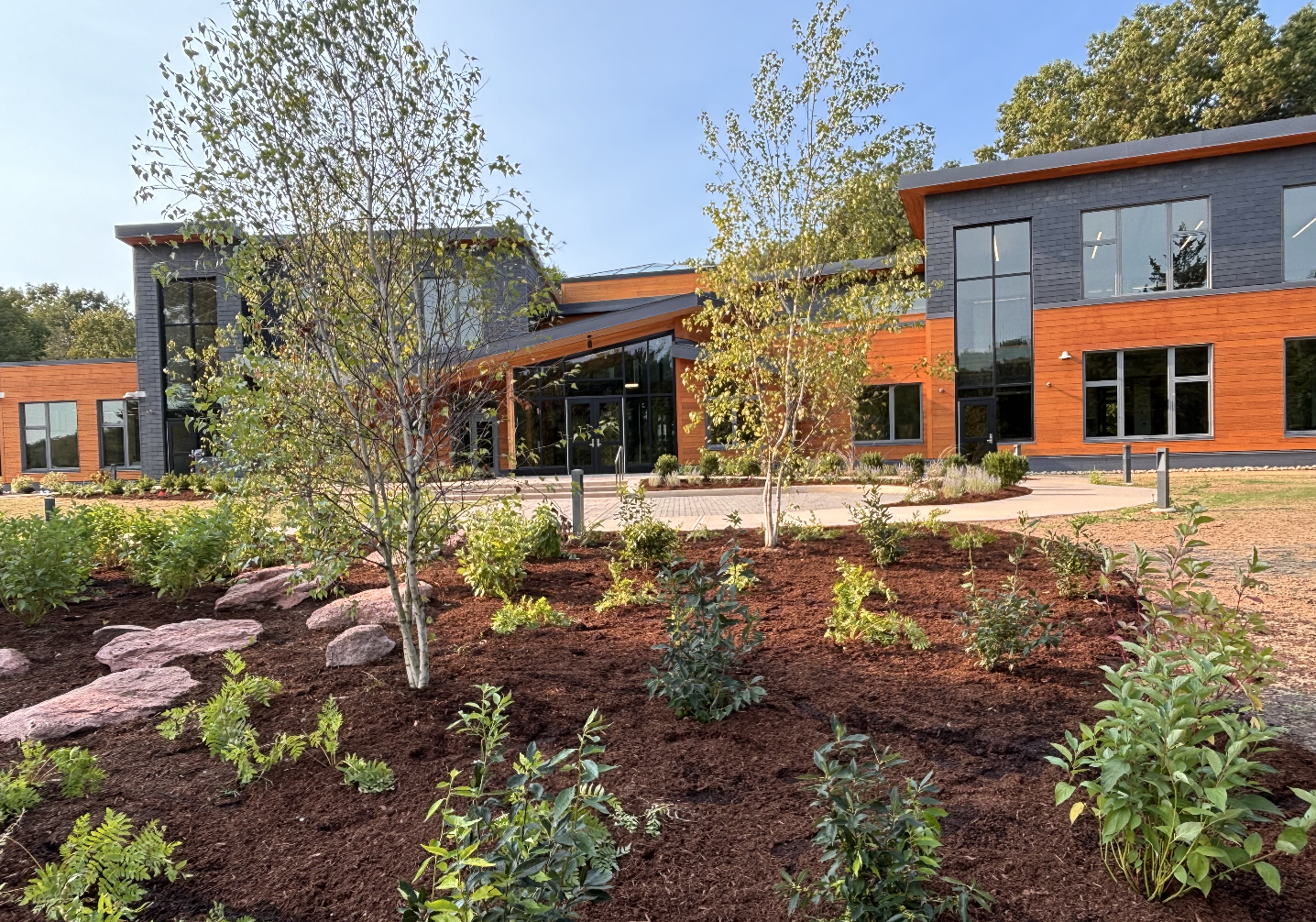
Upper School Blog
Upper School Blog
Slate Upper School opened in Fall 2024 with Grade 7, and we add one grade per year. We’ll have a full cohort of students in Grades 7-12 in the Upper School in Fall 2029. This Blog shares unique perspectives from our Upper School innovative model.
-

Cultivating a Community of Library Supporters
Since our inception in 2017, Slate School has been profoundly supported by the local community. Initially met with skepticism and even comparisons to the traffic impacts of large schools, our vision for a small nature-based, curiosity-driven school faced challenges, and town approval seemed uncertain. However, as we began to connect with our neighbors, their support grew into a powerful force. What started as a handful of concerned individuals soon blossomed into a vibrant community of over 200 passionate advocates. Their unwavering commitment and enthusiasm played a crucial role in our journey, ultimately leading to unanimous approval in 2017 by the town’s Planning & Zoning Commission to build Slate School. Today, Slate School stands as a testament to the power of a collaborative, dedicated community. We have become a model of innovation in K-12 education, and we are continually inspired by both long-time supporters and new friends who join us.
-

Creating a Brand New Library
On September 3rd, we welcomed our first students into the newly built Slate Upper School. The opening of the Upper School allowed us fresh opportunity to organize our library in the most student-centered way that we could. Rather than defaulting to the Dewey Decimal system, we explored alternate options and researched how other libraries have approached categorization. Bookstores often use Book Industry Standards and Communications (BISAC) categories, which are revered for promoting the discovery of books by subject. One Wisconsin Public Library experienced an 11% increase in book circulation within six months of genrefying their collection (Ambrosius, 2012). With the goal of making our Upper School library as easy and enjoyable to use, while also increasing the chance of our learners discovering a new, unexpected book, we decided to genrefy the Upper School collection.
-

Project Fishing: Independent Project Topic Exploration
During our third week of school, our Grade 7 students began exploring topics for their upcoming project cycle. We call this process “fishing” because our students travel from Reading Room to Reading Room with book sticks to mark the spots in the collection to return the books that they peruse. Each of the four Reading Rooms currently house a quarter of our book collection, and our students are getting acclimated to the depth and breadth of our current collection before the books move to their permanent space in the Alma, the heart of our school with bookcases to house thousands of books.
-

Exploring the Gravity Discoveries of Galileo, Newton, and Cavendish
....Meanwhile, some of our students began the exploration by measuring the time and height of the free fall. They were not given the value for the acceleration of gravity, and instead they worked algebraically through the equation to calculate this for themselves, and they arrived at precisely 9.8 meters/second²—exactly what Henry Cavendish calculated in the 18th century. Their data and calculations were amazing!
-

Interdisciplinary Exploration of Patterns and the Golden Ratio
The Fibonacci Sequence is perhaps one of the most fascinating mathematical beauties of the world. The patterns are spectacular, and our Grade 7 students explored the Golden Ratio in various fields, including botany, art, nature, DNA, and human anatomy!
-

From Ramps to Renaissance Art: The Power of Slope
Mathematician Henri Poincaré once said, "Science is built up of facts, as a house is built of stones; but an accumulation of facts is no more a science than a heap of stones is a house." Studies consistently find that the highest-achieving students are those who see learning as connected big ideas. At Slate School, our students learn how to think, they learn deeply, they wonder, and they are eager and excited to explore and to discover. Recently, our 7th grade students embarked on an in-depth exploration of slope from multiple perspectives.
-

Our Recipe for Intentional Cooking at Slate School
At Slate Upper School this year, our passion for history and food is flourishing in the school kitchen. We’ve been exploring the lives and traditions of Native American peoples, reflecting on how their agricultural knowledge and skills were vital for early settlers and shaped the course of history. Our students in Grade 7 are growing their understanding of the diverse perspectives on the celebration of Thanksgiving. We read one of the few surviving accounts of the event, and while the meal was certainly one of thanksgiving for the harvest, it likely differed significantly from the modern version of the meal.